As the ancestral home of Chief Seattle, a Navy shipbuilding hub for more than a century and the first community in the United States to see Japanese-Americans exiled to World War II internment camps, the Kitsap Peninsula has a rich and varied history to share with visitors.
And Kitsap is conveniently located between the big-city delights of Seattle and the rugged charms of the Olympic Peninsula, making it easy to include a two-day stop on the way to Olympic National Park.
Day One
Getting to the Kitsap Peninsula can be half the fun. Take the ferry from Seattle to Bremerton for a stellar view of the Olympic Mountains and a peek at the Puget Sound Naval Shipyard.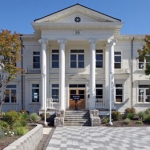
In Bremerton, allow at least 30 minutes to explore the Puget Sound Navy Museum. Follow the walkway outside the museum to learn more about Bremerton’s strategic importance during World War II and the crucial role of women.
Walk or drive a few short blocks to the Arts District centered at 4th Street and Pacific Ave to explore galleries, restaurants and more museums. Keep the nautical theme going at the Kitsap Historical Society & Museum, which features an exhibit on the Mosquito Fleet, a small ferry system that moved goods and people around the peninsula before the modern-day Washington State Ferries. Lunch possibilities include El Balcon and Kama’aina Grill.
After lunch, travel north to Poulsbo, Kitsap’s “Little Norway.” Stroll through the picturesque downtown to view Viking and seafaring murals, as well as the fused glass and steel “Guardian Stone” near the marina. The Poulsbo Maritime Museum details the area’s seafaring roots and Sluys’ Bakery will tempt you with a Viking donut, lefse or Norwegian cookies.
Spend the night in Silverdale, Poulsbo or at the Suquamish Clearwater Casino Resort.
Day Two
Start with 45 minutes at the world-class Suquamish Museum, where an exhibit showcases the tribe’s canoe culture and native arts, including cedar basket weaving. Also of interest, the House of Awakened Culture, a traditional-style longhouse, and Chief Seattle’s grave. A small waterfront park is a national historic site and the location of Old Man House, a massive longhouse destroyed by the federal government.
The next stop is Port Gamble, a historic company town that operated an active logging mill until 1995. The Port Gamble General Store and Cafe is one of 30 restored homes and businesses and is a great place to grab ice cream, lunch or a gift. Upstairs is the quirky Of Sea and Shore Museum and there’s a town museum in the basement.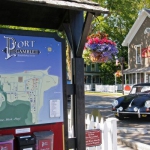
From there, cross the Hood Canal Bridge to tour the Olympic Peninsula or if you’re returning to Seattle, head toward the Bainbridge ferry and one final historic stop: the Bainbridge Island Japanese American Exclusion Memorial. A satellite of the Minidoka Internment National Monument, it tells the story of 51 local families forced to leave their homes after Pearl Harbor.

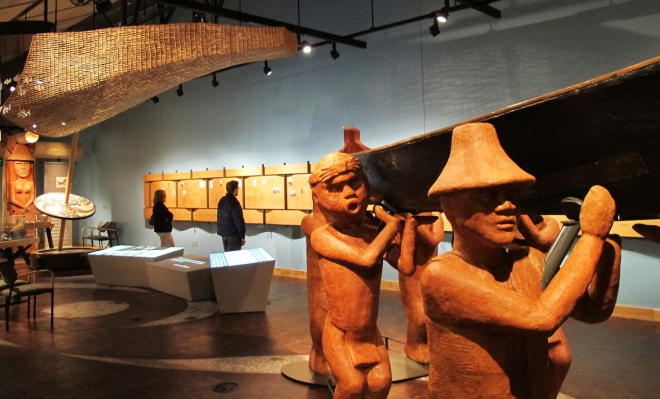
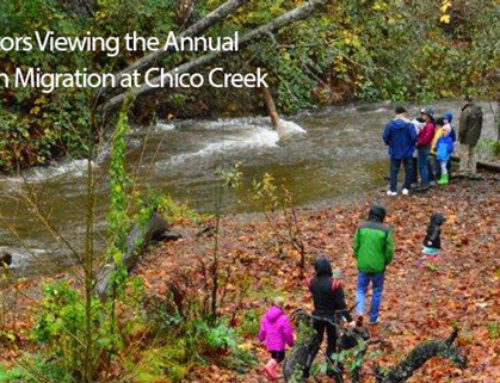
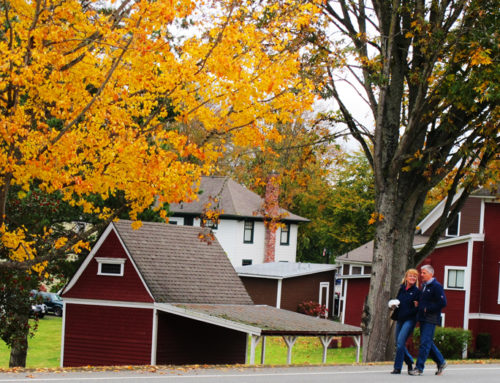
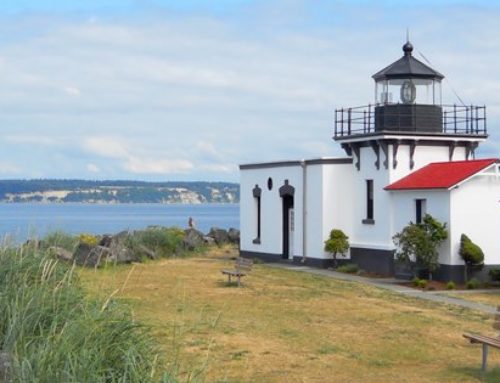
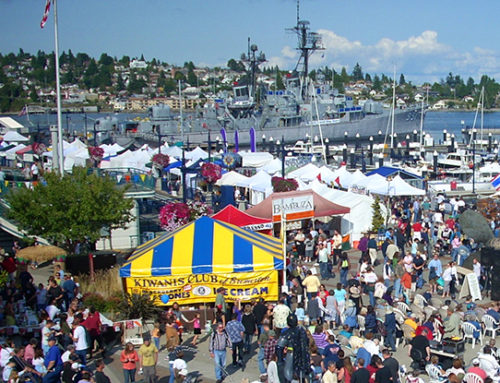
Leave A Comment